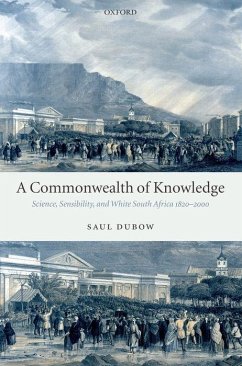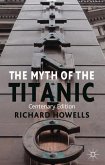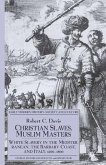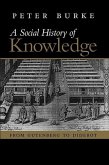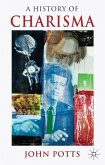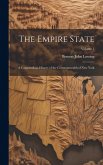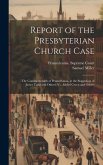These include the nature of imperial and colonial knowledge systems; the role of intellectual ideas and concepts in constituting ethnic, racial, and regional identities; the dissemination of ideas between imperial metropol and colonial periphery; the emergence of amateur and professional intellectual communities; and the encounter between imperial and indigenous or local knowledge systems. The book has broad scope. It opens with a discussion of civic institutions (eg. museums, libraries, botanical gardens and scientific societies), and assesses their role in creating a distinctive sense of Cape colonial identity; the book goes on to discuss the ways in which scientific and other forms of knowledge contributed to the development of a capacious South Africanist patriotism compatible with continued membership of the British Commonwealth; it concludes with reflections on the techno-nationalism of the apartheid state and situates contemporary concerns like the 'African Renaissance', and responses to HIV/AIDS, in broad historical context.
This is the first full study of the relationship of knowledge to national identity formation in modern South Africa. It explores how the cultivation of knowledge served to support white political ascendancy and claims to nationhood. Elegantly written and wide ranging, the book addresses major themes in both South African and comparative imperial historiography.
Hinweis: Dieser Artikel kann nur an eine deutsche Lieferadresse ausgeliefert werden.
This is the first full study of the relationship of knowledge to national identity formation in modern South Africa. It explores how the cultivation of knowledge served to support white political ascendancy and claims to nationhood. Elegantly written and wide ranging, the book addresses major themes in both South African and comparative imperial historiography.
Hinweis: Dieser Artikel kann nur an eine deutsche Lieferadresse ausgeliefert werden.

